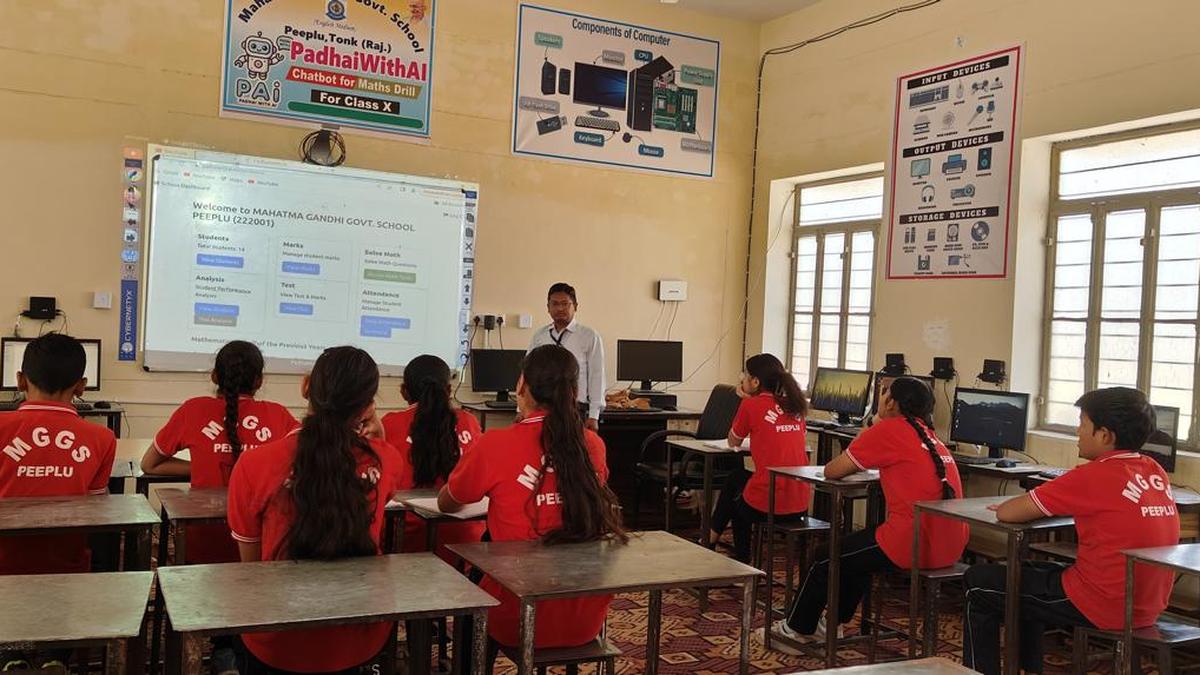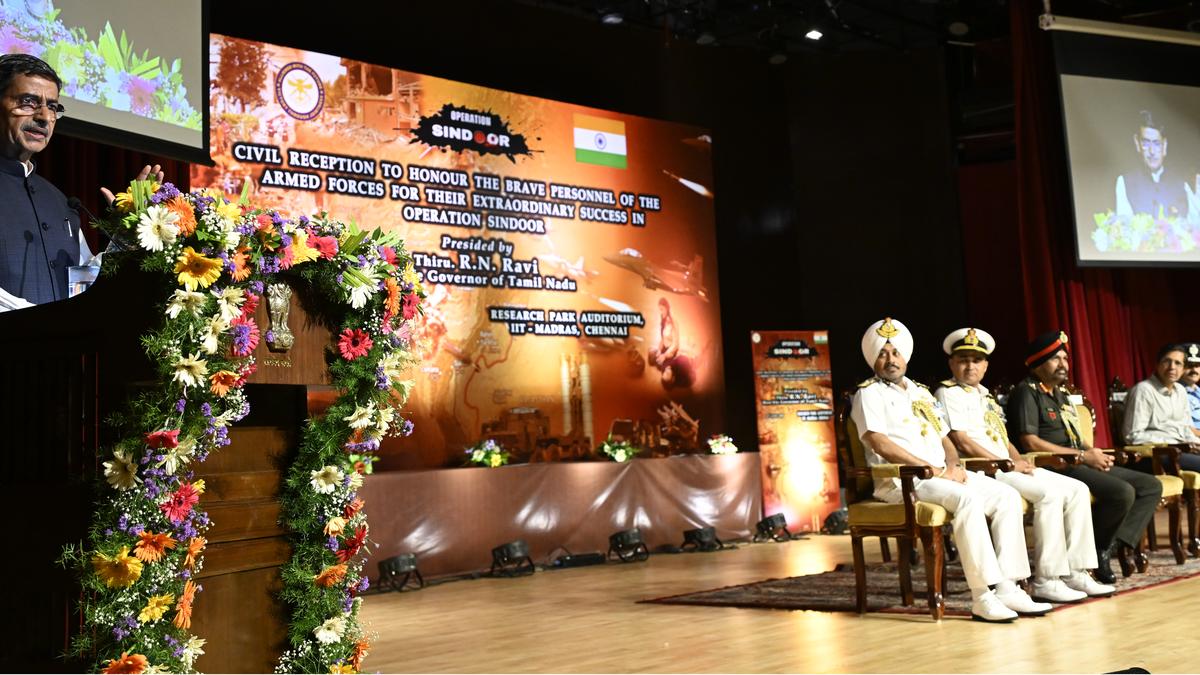MUMBAI: Bombay high court held that the basic idea behind the Senior Citizens Act is not to nullify a validly executed gift deed but to ensure that the elderly parents are restored the residence rights in the house that was gifted to the child/ren.
The judgment is significant, said legal experts. The HC single Judge bench of Justice S V Marne on April 10 set aside an Oct 31, 2022 order of a senior citizens Maintenance Tribunal that had set aside three gift deeds by a widower for his share in Mumbai flats at Kandivali and Andheri to one son of his three sons .The Tribunal had also directed the son to vacate two Kandivali flats with his family.
The HC said the objective under section 23 (1) of Senior Citizens Act of 2007, a socio-welfare legislation, in enabling a tribunal to revoke such a gift is based on the intent to ensure the elderly’s basic needs are protected. The tribunal ought to have ensured the dad is looked after rather than revoke gift deeds, said the HC. Noting that the son was willing to let the dad reside with him and his wife and children Kandivali, but relations had soured, the HC directed the father to reside separately in an Andheri flat.
The HC directed the son to also pay a monthly maintenance of Rs 25000 to the father to spend his sunset years peacefully.
The father, represented by counsel Ameet Mehta and Sheetal Pandya, in April 2021 complained to the Tribunal alleging ill-treatment by the son after execution of the deeds. He said he was “forced’’ to reside in Gujarat with another son.
Aggrieved by the Tribunal’s order, the son had earlier this year, approached the HC. Senior counsel GS Godbole with advocate Manuj Borkar for the son, argued that the Magistrate lacked jurisdiction to set aside the gift deeds and argued that the son was one-third owner in the Andheri flat and cannot be kicked out.
The ousted son, said one of his brother’s had instigated their dad to file the complaint under the Senior Citizens Act.
Justice Marne observed that the salutary senior citizens law cannot be used as a tool to settle property disputes between heirs, but in many cases unfortunately that is the trend.
Under section 23 (1) of Sr Citizens’ Act, a gift deed which is made subject to conditions that the gifting parent should be looked after can be held null or void by a tribunal if the giftee neglects the parent. The HC however said, what the Tribunal to exercise jurisdiction needs to see is whether the gift deed establishes such a condition of providing ‘basic amenities’ even if it is not spelt out in the document.
In this case, the HC rejected Godbole’s argument of the Tribunal’s lack of jurisdiction. The court said the gift deed said father has a right to reside in the house hence such right is taken care of. “Provision of residence is one of the basic amenities as well as basic physical need of a senior citizen,’’ said the HC.
But in the case at hand said the Tribunal had glossed over important aspects that the father was not sole owner of three flats.
What the law says:
Section 23(1) of the Senior Citizens Act, 2007 intends to ensure that if seniors are deprived of their properties by their kin and denied basic amenities after a gift deed, such transfer is held to be a fraud and stands revoked.
Senior Citizens Act: Know your rights
· A senior citizen, including a parent, who is unable to maintain themselves from their own earning or out of property owned by them, is entitled to make an application under Section 4(i)
·A parent or grand-parent may make an application against one or more children.
· A childless senior citizen can make an application against a relative
·Children or other kin have an obligation to maintain a senior citizen for a normal life.
·Obligation of a child to look after a parent is not conditional to being in possession of a house belonging to the parents or on any right of future inheritance.
The judgment is significant, said legal experts. The HC single Judge bench of Justice S V Marne on April 10 set aside an Oct 31, 2022 order of a senior citizens Maintenance Tribunal that had set aside three gift deeds by a widower for his share in Mumbai flats at Kandivali and Andheri to one son of his three sons .The Tribunal had also directed the son to vacate two Kandivali flats with his family.
The HC said the objective under section 23 (1) of Senior Citizens Act of 2007, a socio-welfare legislation, in enabling a tribunal to revoke such a gift is based on the intent to ensure the elderly’s basic needs are protected. The tribunal ought to have ensured the dad is looked after rather than revoke gift deeds, said the HC. Noting that the son was willing to let the dad reside with him and his wife and children Kandivali, but relations had soured, the HC directed the father to reside separately in an Andheri flat.
The HC directed the son to also pay a monthly maintenance of Rs 25000 to the father to spend his sunset years peacefully.
The father, represented by counsel Ameet Mehta and Sheetal Pandya, in April 2021 complained to the Tribunal alleging ill-treatment by the son after execution of the deeds. He said he was “forced’’ to reside in Gujarat with another son.
Aggrieved by the Tribunal’s order, the son had earlier this year, approached the HC. Senior counsel GS Godbole with advocate Manuj Borkar for the son, argued that the Magistrate lacked jurisdiction to set aside the gift deeds and argued that the son was one-third owner in the Andheri flat and cannot be kicked out.
The ousted son, said one of his brother’s had instigated their dad to file the complaint under the Senior Citizens Act.
Justice Marne observed that the salutary senior citizens law cannot be used as a tool to settle property disputes between heirs, but in many cases unfortunately that is the trend.
Under section 23 (1) of Sr Citizens’ Act, a gift deed which is made subject to conditions that the gifting parent should be looked after can be held null or void by a tribunal if the giftee neglects the parent. The HC however said, what the Tribunal to exercise jurisdiction needs to see is whether the gift deed establishes such a condition of providing ‘basic amenities’ even if it is not spelt out in the document.
In this case, the HC rejected Godbole’s argument of the Tribunal’s lack of jurisdiction. The court said the gift deed said father has a right to reside in the house hence such right is taken care of. “Provision of residence is one of the basic amenities as well as basic physical need of a senior citizen,’’ said the HC.
But in the case at hand said the Tribunal had glossed over important aspects that the father was not sole owner of three flats.
What the law says:
Section 23(1) of the Senior Citizens Act, 2007 intends to ensure that if seniors are deprived of their properties by their kin and denied basic amenities after a gift deed, such transfer is held to be a fraud and stands revoked.
Senior Citizens Act: Know your rights
· A senior citizen, including a parent, who is unable to maintain themselves from their own earning or out of property owned by them, is entitled to make an application under Section 4(i)
·A parent or grand-parent may make an application against one or more children.
· A childless senior citizen can make an application against a relative
·Children or other kin have an obligation to maintain a senior citizen for a normal life.
·Obligation of a child to look after a parent is not conditional to being in possession of a house belonging to the parents or on any right of future inheritance.






